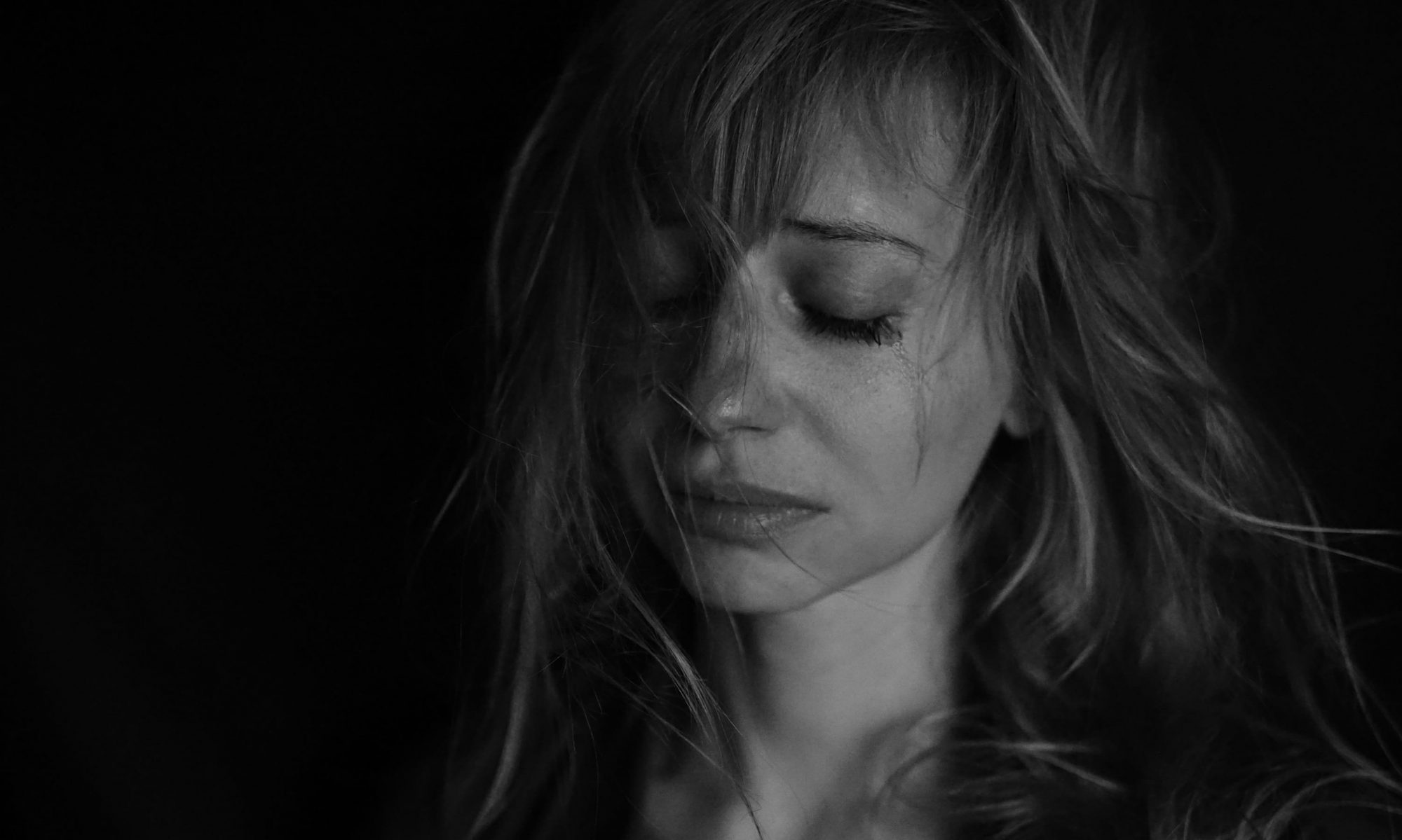By Sarah Thompson
There are many scenes in The Unhappy Penitent which warrant further close reading in light of the tragic genre. The plot itself being a maze of ritual promises, loyalties vs. love, and eventual tragedy would no doubt have captivated audiences at Drury Lane Theatre. The final scene really wraps up the heartfelt tale, drawing together Trotter’s ideas of marriage’s tragic failure, as well as mankind’s lack of freedom in the face of fate and destiny.
Let us take a closer look at the interaction between Lorraine and Marguerite in Act V. This passage can be accessed by clicking here .
In the final act of Trotter’s play, we see an interaction between the characters Lorraine and Marguerite about the power of their love, and the lethal tragic denouement enacted between lines 400-475 adhering to the tropes of the tragedy genre. The rhythm of this extract is fast-paced, despite its lengthy lines that border upon monologues. This suggests heightened emotion, combined with heartfelt feeling, so characteristic of the tragic genre during the Restoration period. The critic Cudar-Dominguez argues that “The purpose of her tragedy The Unhappy Penitent, and by extension, her concept of the whole genre, is none other than to enlighten her audience, male and female, on the inadvisability of love as a true guide for human behavior, or a suitable goal for which to strive.” (105) You can read more about Cudar-Dominguez and other women’s studies scholars’ readings of the play on the page entitled “Feminism in the Unhappy Penitent: A Literature Review”
Many of the images in this extract allude to the body, for example Lorraine’s demand: “Now whilst I hold you/ To my panting heart, now pluck it from my breast”, pleading with his lover to stop him from feeling pain but also love. The “heart” in Unhappy Penitent often refers to feeling, or misguided emotion. “Arms” are also a frequent bodily image within this play: lines 451-452 (“O hasten to my Arms/ Whilst they have strength to clasp them”) imperatively set up, for example, a contrast between bodily strength and tragic conclusions.
Another interesting language connotation is found in line 432, where Marguerite curses the “Tyranny of Fate!” Within the Restoration canon, “tyranny” and corruption are popular themes due to the turbulent political sphere at the time. Plays such as Thomas Otway’s Venice Preserv’d and Thomas Southerne’s Oronooko explore the idea of corruption, both political and colonial. The idea of “Fate” moves away from traditional religious thought, to more spiritual. In line 335, Marguerite asks for divine intervention, pleading “Assist me Heaven!”. Marguerite’s choices and internal struggle throughout the play have , at this point, left her with no option than religious forces, this short line contrasting greatly to the surrounding, lengthy verse.
The characterisation within this extract focuses upon Lorraine and Marguerite in the face of danger, and strong, bittersweet passion. If we were to read closely the scene for potential performance styles, we might imagine facial expressions of sorrow, or possibly anger. The couple being centre stage would emphasise their love story and focalise them to the audience. The play’s final speech is delivered by the King, embodying his power and the political dimensions of the plot, and emphasising monarchical authority over emotive language. Interestingly, the King acknowledges ideas of hubris and power in this speech: “Yet with Preposterous idle diligence,/We to dispose of Destiny project,/And the small Provence in our power neglect.” (500-502). The message here, as throughout the play, is one of unavoidable destiny, peppered with the wish to follow one’s heart and remove expectations, and be truly free.
In conclusion, this extract from the final scene of the play can be read as the space Trotter uses for concluding her message on the dangerous consequences of being led by emotions, most perilous of all, love. Trotter’s language, stage directions relating to movements (constant exits, entrances, combined with bodily stances) and overall tragic tone leads The Unhappy Penitent‘s denouement to a final, emotive flourish.
Works CitedCuder-Dominguez, Pilar. Stuart Women Playwrights 1613-1713. Ashgate Publishing Limited, 2011.
Trotter, Catharine. The Unhappy Penitent (1701) ProQuest https://search.proquest.com/docview/2138580689/Z300127518/86DBEBB5AAF24A75PQ/1?accountid=12753
